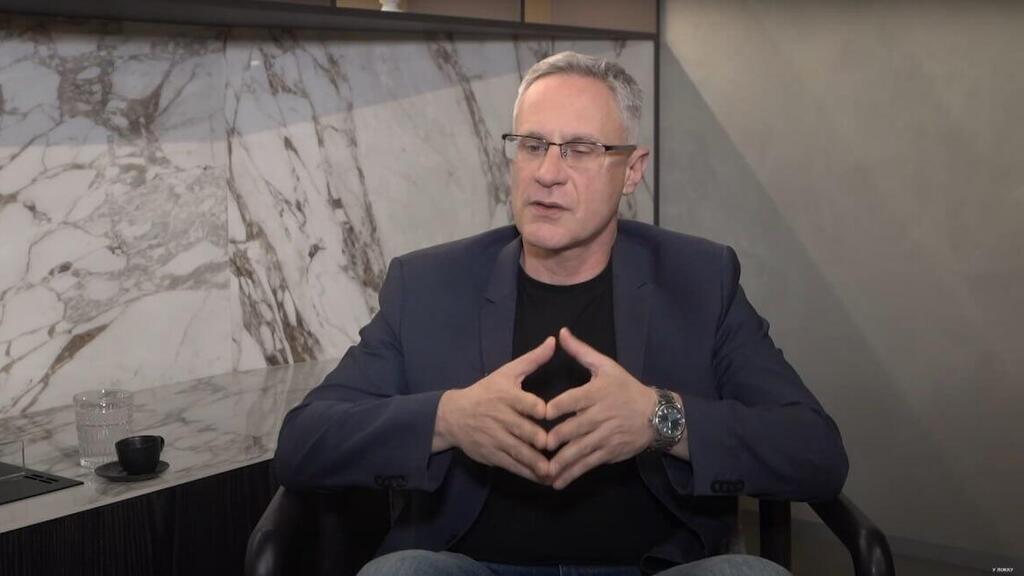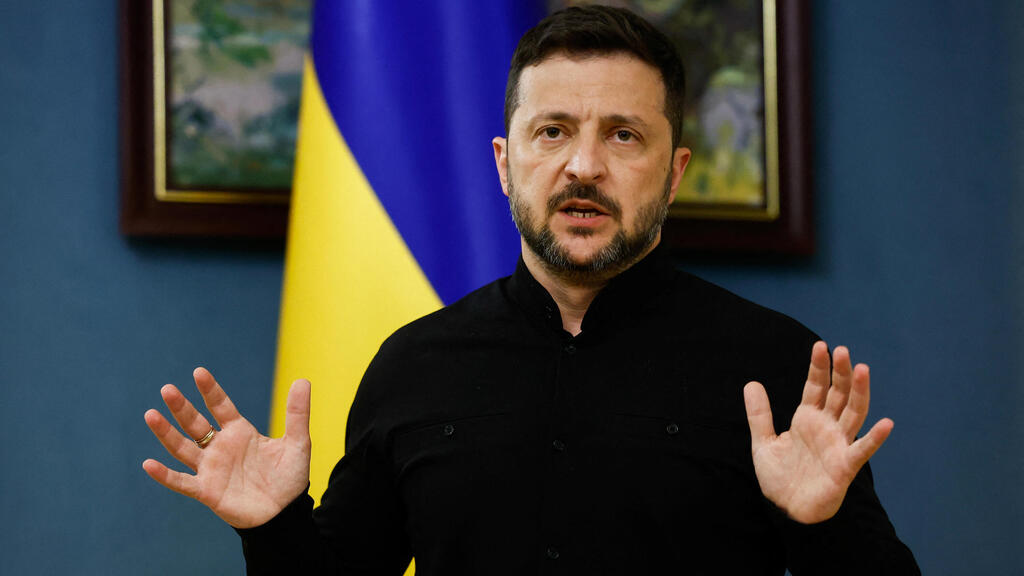The Foreign Ministry on Tuesday denied comments made by Israel’s ambassador to Ukraine, Michael Brodsky, who claimed that Israel had delivered Patriot missile systems to Kyiv. "Israel has not transferred such systems to Ukraine," the ministry said in response to a query from Ynet.
According to available information, Russia demanded clarification from Israel following the report, prompting the official denial.
Brodsky made the claim in an interview with Ukrainian blogger Marichka Dovbenko, saying the Patriot air defense systems sent to Ukraine had originally come from the United States in the early 1990s. His comments appeared to mark the first public Israeli acknowledgment of direct military aid to Ukraine.
"These are Israeli systems that were in IDF service in the early 1990s. We agreed to transfer them to Ukraine," Brodsky said. "Unfortunately, there hasn’t been much talk about it. But when people say Israel didn’t provide military aid — that’s simply not true."
The Patriot (MIM-104), developed by U.S. defense firm Raytheon in the late 1970s, is designed to intercept missiles and aircraft. It includes launch batteries, radar systems and command-and-control centers.
Roughly a year ago, The Financial Times reported that the U.S., Israel and Ukraine were discussing a possible transfer of eight 30-year-old M901 PAC-2 Patriot batteries to Kyiv, which could significantly enhance Ukraine’s ability to intercept Russian attacks.
Last month, The New York Times reported that the systems had indeed reached Ukraine. Brodsky’s remarks effectively confirmed those reports — but it now appears he was not coordinated with the Foreign Ministry.
Israel's approach to the war in Ukraine — under both the current and previous governments — has been notably cautious. Officials have sought to avoid open conflict with Moscow, largely due to concerns over the potential impact on Israel’s freedom of operations in Syria, where Russian forces were stationed to support the Bashar Assad regime until its collapse about six months ago.
Get the Ynetnews app on your smartphone: Google Play: https://bit.ly/4eJ37pE | Apple App Store: https://bit.ly/3ZL7iNv
Israel has consistently refrained from supplying weapons to Ukraine, citing fears of depleting its own strategic stockpiles and other operational concerns. Prime Minister Benjamin Netanyahu has previously warned that weapons delivered to Kyiv could end up in Iranian hands and be used against Israel.
While Jerusalem has rejected past Ukrainian requests for air defense systems, Moscow’s growing military partnership with Tehran may have shifted Israel’s calculations.
According to the Financial Times report, U.S. officials tried to convince Netanyahu’s government that Iran’s tightening alliance with Russia — particularly in the military domain — posed a more urgent threat than the risk of a diplomatic crisis with Moscow.




